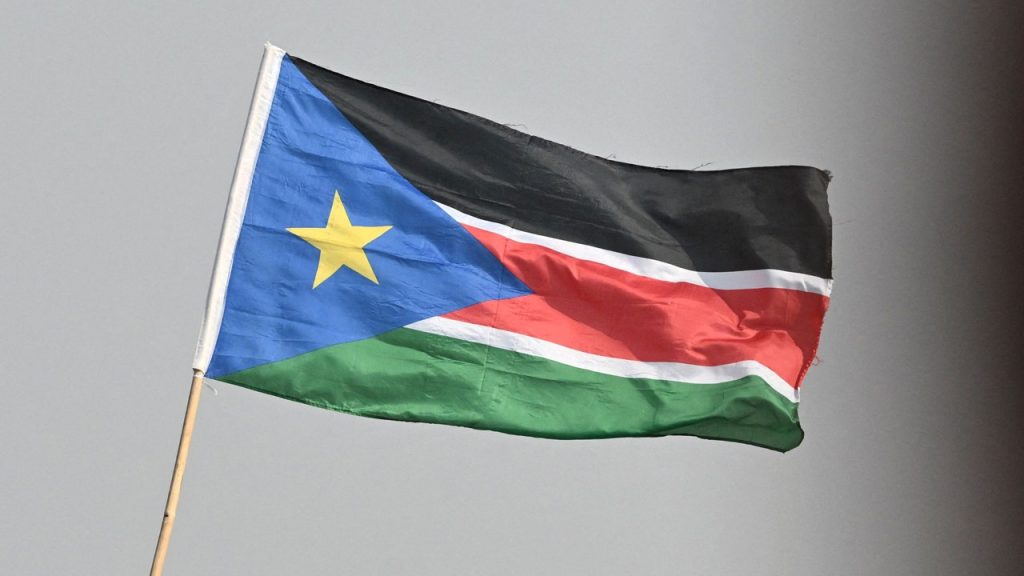U.N. experts have reported that South Sudan is on the verge of securing a $13 billion loan from a company in the United Arab Emirates, despite the country’s struggles in managing debts backed by its oil reserves. This potential deal with the Hamad Bin Khalifa Department of Projects would be South Sudan’s largest-ever oil-backed loan, but servicing it could significantly impact the country’s revenue for many years. The UAE-based company does not have a listed phone number or a functioning website, and the UAE Mission to the United Nations declined to comment, stating that Hamad is a private entity. Oil is crucial to South Sudan’s economy, and the country has faced challenges in oil production due to factors such as ongoing conflicts in Sudan and flooding that affected oil wells.
South Sudan gained independence from Sudan in 2011, following decades of civil war, with oil serving as the main driver of its economy. The country experienced its own civil conflict from 2013 to 2018, which culminated in a power-sharing agreement between President Salva Kiir and Vice President Riek Machar. Pressure is mounting on South Sudan to fully implement the 2018 peace deal, which ended the civil war, and to prepare for upcoming elections. In 2023, the country produced an average of around 149,000 barrels of liquid fuels per day, utilizing Sudan’s pipelines to export oil to global markets.
The experts’ report highlighted concerns regarding South Sudan’s oil-based debts, including a case where the country lost a dispute at the International Center for Settlement of Investment Disputes related to a $700 million loan from Qatar National Bank. The government is facing potential repayment of over $1 billion in this case. Additionally, South Sudan owes $151.97 million to the Eastern and Southern African Trade and Development Bank from a previous oil-related agreement. The loan from the UAE company is structured into tranches, with a majority allocated for infrastructure projects and secured against crude oil delivery for up to 17 years.
Amidst these financial challenges, South Sudan was supposed to hold elections by February 2023 but postponed them to December 2024. In April, President Salva Kiir warned against clinging to power after his former deputy suggested further delaying elections. The experts emphasized the importance of holding timely elections as a milestone to prevent heightened tensions and conflict. They also highlighted the country’s humanitarian crisis, with an estimated 9 million out of 12.5 million people in need of humanitarian assistance and protection. The influx of refugees from neighboring Sudan has further complicated the humanitarian situation in South Sudan.
The panel of experts underscored the urgency for South Sudan’s leaders to address diverging expectations to prevent escalating tensions and violence. They stressed the need for timely elections as a crucial step towards stability and warned that failure to manage expectations could lead to increased strife. The humanitarian crisis exacerbated by internal conflicts and refugee inflows requires urgent attention and support to assist those affected. South Sudan’s dependence on oil revenues and ongoing challenges in managing its oil-related debts underscore the country’s delicate financial situation, requiring careful management and sustainable solutions to achieve economic stability.













